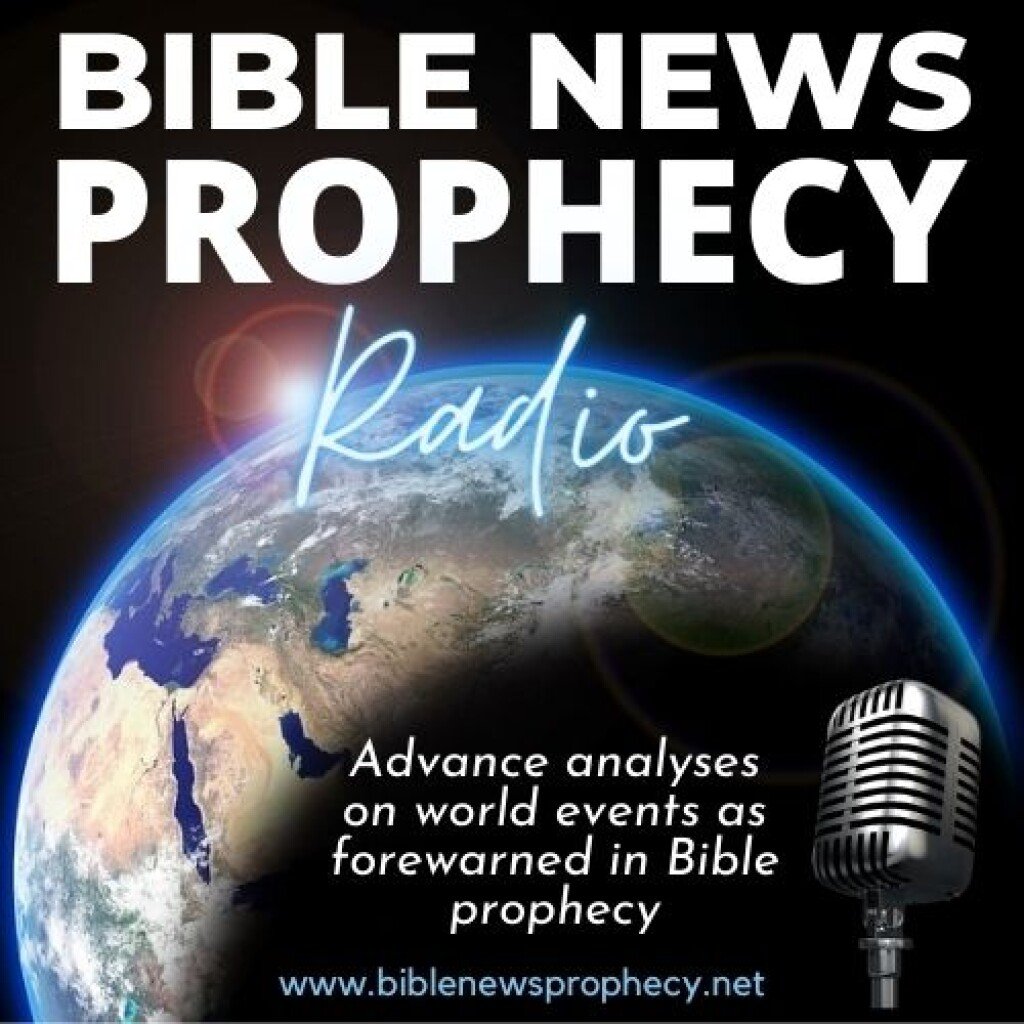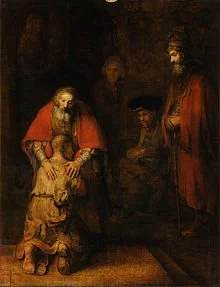An animal horn trumpet called a shofar.
The Feast of Trumpets runs from sunset September 15th through sunset September 16th in 2023. Which is the first day of the seventh month of the Hebrew calendar known as Tishri or Ethanim (1 Kings 8:2).
The Israeli news source, formerly called Breaking Israel News, renamed itself several days ago, and now calls itself Israel365News (I365). Anyway, it reported the following:
In Growing Trend, Christians Embracing “Biblical” Holidays of Rosh Hashana, Yom Kippur
The growing phenomenon of Christians observing the Biblical holidays is bringing Jews and Christians closer while helping to eliminate anti-Jewish replacement theology. This phenomenon is creating a new Bible-based aspect within Christianity, and for some Jews, revealing a previously hidden aspect of the holidays.
Friday evening begins an intense period including three major Jewish holidays, starting off with Rosh Hashana (the New Year), continuing with Yom Kippur (Day of Repentance) ten days later, and ending with Sukkot. Until recently, this was a uniquely and exclusively Jewish experience.
Now, many Christians are finding spiritual meaning in experiencing the feasts and holidays they previously only read about. 09/20/20 https://www.israel365news.com/95202/christians-jews-stand-universal-king-rosh-hashana/
While the trend for some professors of Christ to embrace the biblical holy days has increased in certain areas, the reality is the idea that Christians celebrated the Feast of Trumpets (which the Jews now call Rosh Hashana), the Day of Atonement (which the Jews call Yom Kippur), and the Feast of Tabernacles (which the Jews call Sukkot) is not new. True Christians have kept the biblical holy days since the time of Jesus. Details related to all of them are in the free online booklet: Should You Keep God’s Holy Days or Demonic Holidays?
Even Jewish sources noted that early Christians, such as in the second century, kept the Day of Atonement as did Arab sources (for details, see The Day of Atonement–Its Christian Significance).
As far as the spiritual meanings associated with the Feast of Trumpets, it should be pointed out that since Christians accept Jesus as the Messiah and believe the New Testament, we have greater understanding of the meanings associated with that and other biblical holy days (e.g., see Trumpets: Christian and Jewish Views of that Feast).
Related to the Feast of Trumpets, notice the following which is our latest posted sermon:
1:12:17
Christian vs. Jewish Views on the Feast of Trumpets
What are Christian views of the Feast of Trumpets? Should it be called Rosh Hashana like the Jews began to do centuries after God had His Holy Days listed in Leviticus 23? Jews claim this day was also the 6th day of creation when Adam was made–does the Bible support or confirm this? When is the seventh month of the biblical calendar? What is Tishri/Tishrei/Ethanim? Should the Jewish year that runs from 19 September 2020 through September 7, 2021 be more like 5990 or 5781 as the Jews claim? Is there any connection to the Book of Life like the Jews claim? The Jews also claim that this Holy Day has to do with repentance and judgment–does the New Testament agree? Does the Feast of Trumpets have any connection to the seven trumpets of Revelation? What about a possible connection between the last trumpet and the return of Jesus? Should Christians draw comfort from observing this festival? What have different Church of God writers (like George Kackos and Herbert W. Armstrong) written is the meaning of the Feast of Trumpets? What about Ambrose of Milan? Dr. Thiel addresses these matters and more (plus also attempts to blow a ram’s horn known as a shofar as well as a silver trumpet known as a chatsotserah).
Here is a link to the sermon: Christian vs. Jewish Views on the Feast of Trumpets.
Related to the Fall Holy Days, we recently also produced the following sermon:
1:11:17
Fall Holy Days for Christians
Are there holy days or festivals that occur in or near the Fall, autumn of the year, that Christians should observe? Which days did Jesus and the Apostle Paul keep? Does the New Testament show that any of the Fall holy days were kept? Did early Christians keep the Feast of Trumpets, Day of Atonement, Feast of Tabernacles, and the Last Great Day? What about Polycarp, Melito, and Polycrates? What about Methodius of Olympus? What happened with the sun-god worshiping Emperor Constantine? Did early Christians keep Christmas, Halloween, All Saints Day, or All Souls Day? Is it wrong to mix pagan ceremonial practices with biblical ones? Did John Chrysostom denounce those keeping the Fall holy days in the late 4th century? What about Jerome and the Nazarene? Were the holy days kept during the Middle Ages? What do the holy days listed in Leviticus 23 have to do with Jesus and God’s plan of salvation? What about tradition? What did Ellen White and Samuel Bacchiochi teach about the holy days? What about Church of God leaders? What do the biblical holy days help teach Christians?
Here is a link to our sermon video: Fall Holy Days for Christians.
Although some Evangelicals and most who consider themselves Messianic Jews keep a version of the biblical holy days, they tend to miss a lot of the Christian aspects of them. More on the holy days and their meaning can be found in the free online booklet: Should You Keep God’s Holy Days or Demonic Holidays?
That being said, Christians should keep the biblical holy days as they were part of “the faith that was once for all delivered to the saints” (Jude 3).
Related Items:
Trumpets: Christian and Jewish Views of that Feast
Christian vs. Jewish Views on the Feast of Trumpets (sermon)
Should You Keep God’s Holy Days or Demonic Holidays?
Sermons related to the free online book above:
Did Early Christians Observe the Fall Holy Days?
Fall Holy Days for Christians (sermon)
The Book of Life and the Feast of Trumpets?
Sermon videos
Feast of Trumpets: Why Should You Keep It?
Seven Trumpets: Jesus Returns (sermon video)
The Day of Atonement–Its Christian Significance
Sermon videos
The Feast of Tabernacles: A Time for Christians?
Feast of Tabernacles from Israel (sermon)
The Last Great Day: Shemini ‘Azeret
Shemini Azaret: The Last Great Day (sermon )
Christians are to Be Strangers and Pilgrims?
Christian Pilgrims (sermon)
The Feast of Tabernacles: A Time to Learn the Law
Feast of Tabernacles’ Sites for 2020
Messianic Judaism Beliefs Differ from the Continuing Church of God
Messianic Jewish Beliefs (sermon)
Hope of Salvation: How the Continuing Church of God Differs from Protestantism
The CCOG is NOT Protestant. This free online book explains how the real Church of God differs from mainstream/traditional Protestants. Several sermons related to the free book are also available:
Protestant, Baptist, and CCOG History
Beliefs of the Original Catholic Church: Could a remnant group have continuing apostolic succession? Did the original “catholic church” have doctrines held by the Continuing Church of God? Did Church of God leaders uses the term “catholic church” to ever describe the church they were part of? Here are links to related sermons:
Continuing History of the Church of God This pdf booklet is a historical overview of the true Church of God and some of its main opponents from Acts 2 to the 21st century.
Sermon series related to the free online book above:
LATEST NEWS REPORTS
LATEST BIBLE PROPHECY INTERVIEWS


























